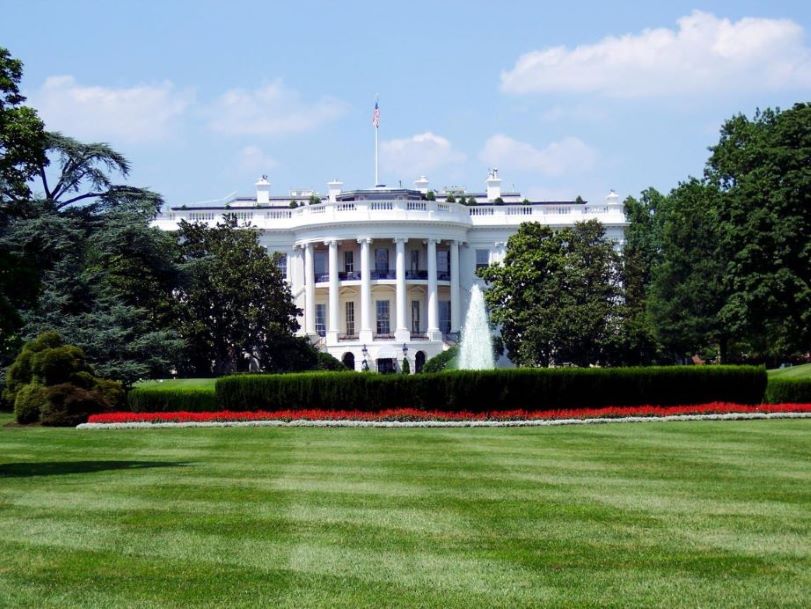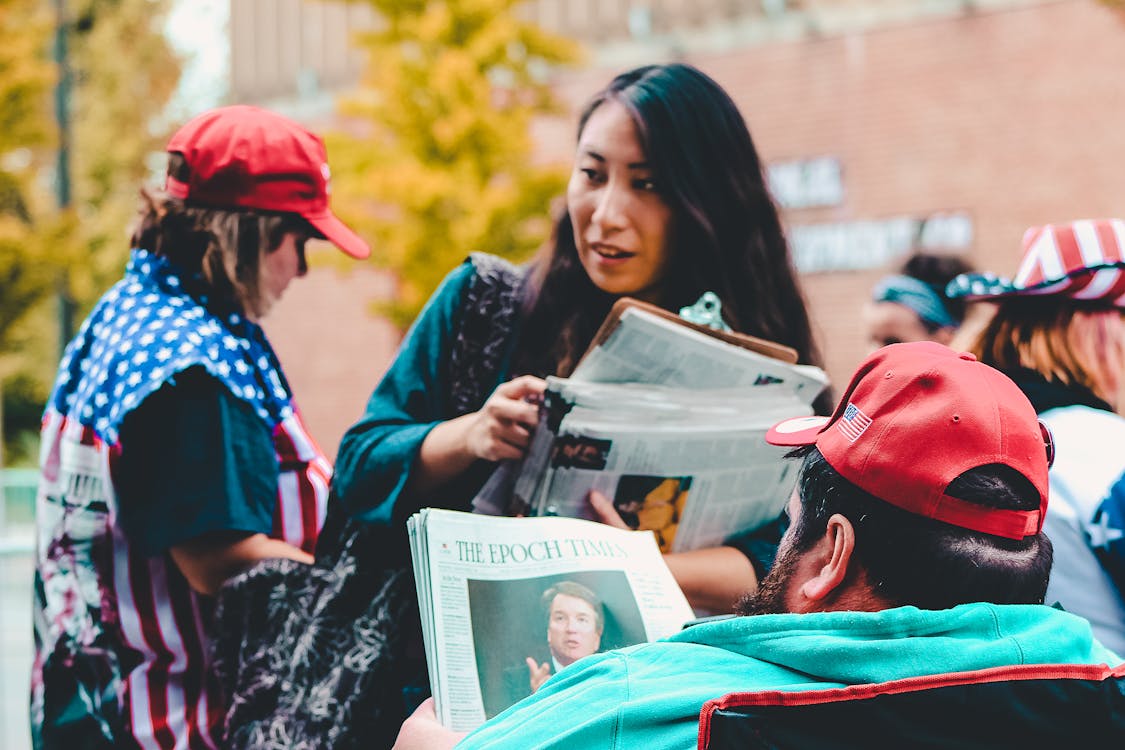TheLitPerspective is your one-stop shop for everything that ignites the spark of curiosity within you.
Our Founding Freedoms: What Our Founding Fathers Said

Photo by Brett Sayles
The United States is a nation born from the revolutionary idea that it is the people who create a nation. And this ideal that permeates the very bones of the nation, Americans owe to the Founding Fathers, a group of men who were visionary and committed to a future where liberty was for the many and not only for the few.
Through their thousands of writings, speeches, and actions, these individuals laid the foundation for the greatness of what the United States of America would become and is still becoming up to this day.
What The Founding Fathers Said of Liberty
The concept of liberty was central to the vision of the Founding Fathers. It was a vision for a new nation that had progressed far beyond the need for a monarchy and aristocratic rule.
Within this new framework of a nation, a central idea was to be forthcoming, above all else: the idea that each and every individual by themselves were all endowed with certain unalienable rights, primarily the right to life, the right to liberty, and the right to the pursuit of happiness.
These rights, to the Founding Fathers, were not ones that could be granted and taken away by a king or queen or anyone else, but were, in fact, inherent to the essence of human existence. At the moment of birth, regardless of where they were and who they were born from, everyone already had the right to life, liberty and the pursuit of happiness.
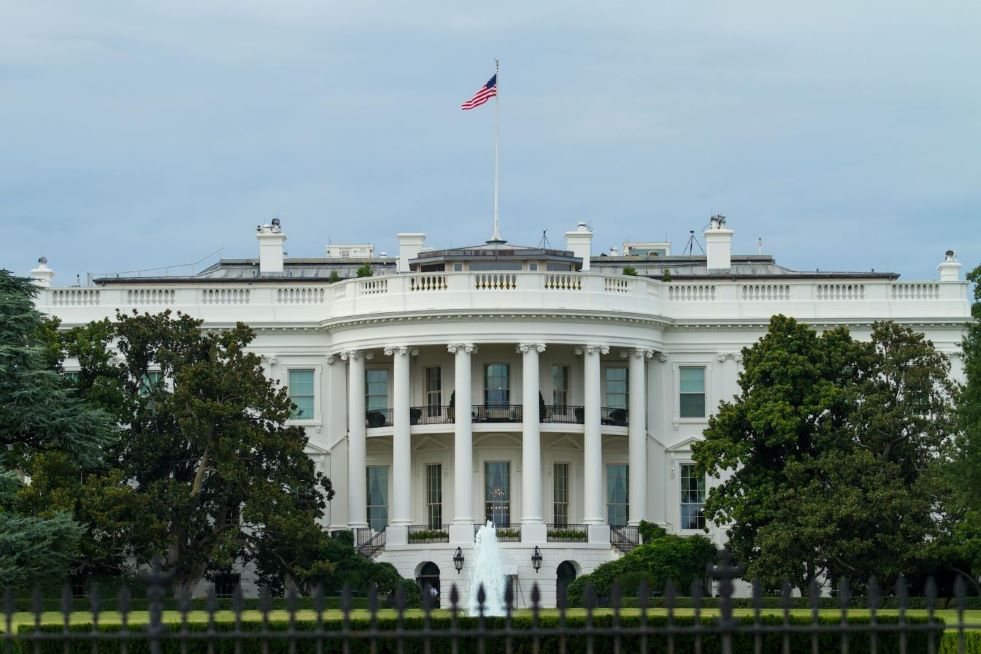
Photo by Ramaz Bluashvili
The Declaration of Independence
One of the most influential Founding Fathers to have expressed this world-changing sentiment most beautifully was Thomas Jefferson, who wrote the Declaration of Independence, saying that:
We hold these truths to be self-evident, that all men are created equal, that they are endowed by their Creator with certain unalienable Rights, that among these are Life, Liberty and the pursuit of Happiness.
Of course, while the Founding Fathers were cognizant of these universal rights, they were also keenly aware that liberty would have to be defended against those who did not believe it to be present in all men.
To guard man’s natural liberties, there has to exist also order and security. As such, a government was necessary. This government, then, would be the vanguard for safeguarding the liberties of each individual of this new nation from those who would seek to take it away. This government would protect the people from itself, and other peoples.
Our Founding Freedoms: Equality
The Declaration of Independence declares that “all men are created equal,” and while the realities of fulfilling this promise are quite complex, it is still foundational to the nation. Within the borders of the United States and across its many states and territories, no one is above the other, and all are beholden to the very same institutions and laws.
This is what makes the United States better than monarchical countries because everyone is given a fair shake.
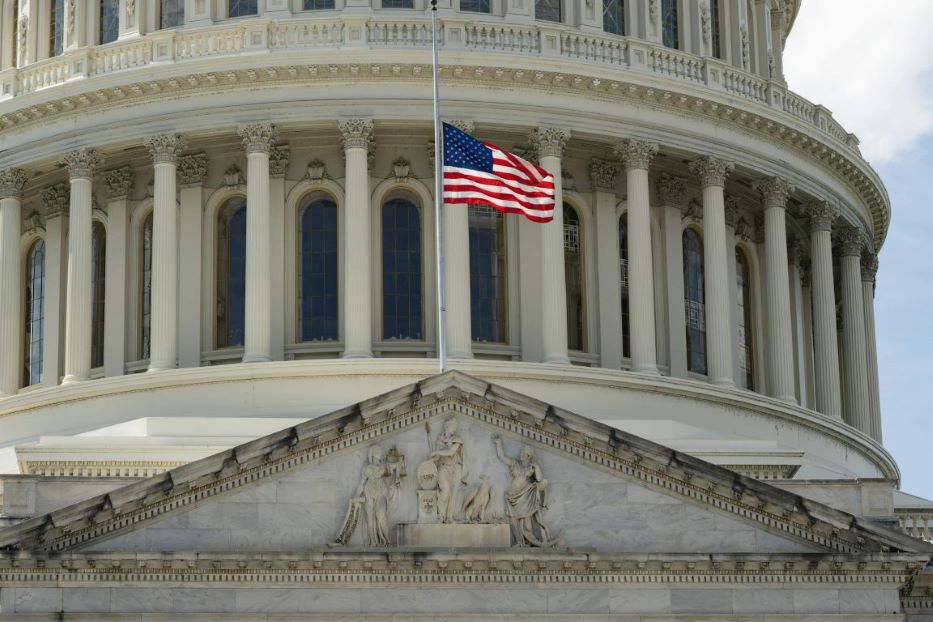
Photo by David Dibert from Pexels
Our Founding Freedoms: Representation
The United States was founded to be a nation whose government was solely accountable to its people. This is why the idea of a monarchy is very antithetical to the idea of the United States. Inheritance and hereditary lines of succession do not exist in government, for power is vested in the mandate of the masses. Popular sovereignty is how nations should be governed—from the people themselves, who elect representatives who shepherd the nation on their behalf.
Democracy is perhaps one of the more influential legacies of the Founding Fathers.
Our Founding Freedoms: Rights
Aside from the three rights proclaimed in the Declaration of Independence, the Founding Fathers also ratified the Bill of Rights. These were amendments to the Constitution that enumerated guaranteed liberties for each American. These amendments included the freedom of speech, religion, press, assembly and petition.
The Bill of Rights was another indication of the Founding Fathers’ commitment to a government that was for the people. It is one of the cornerstones of American values.
The Founding Fathers’ Legacy
While they are long gone, the Founding Fathers continue to shape American society today because of their ideals and their vision.
Although the ideals of the Founding Fathers still persist today, the foundations of the United States have begun to shake. Read more in LeRoy Cossette’s book about American Insanity.
Grab a copy through this link!
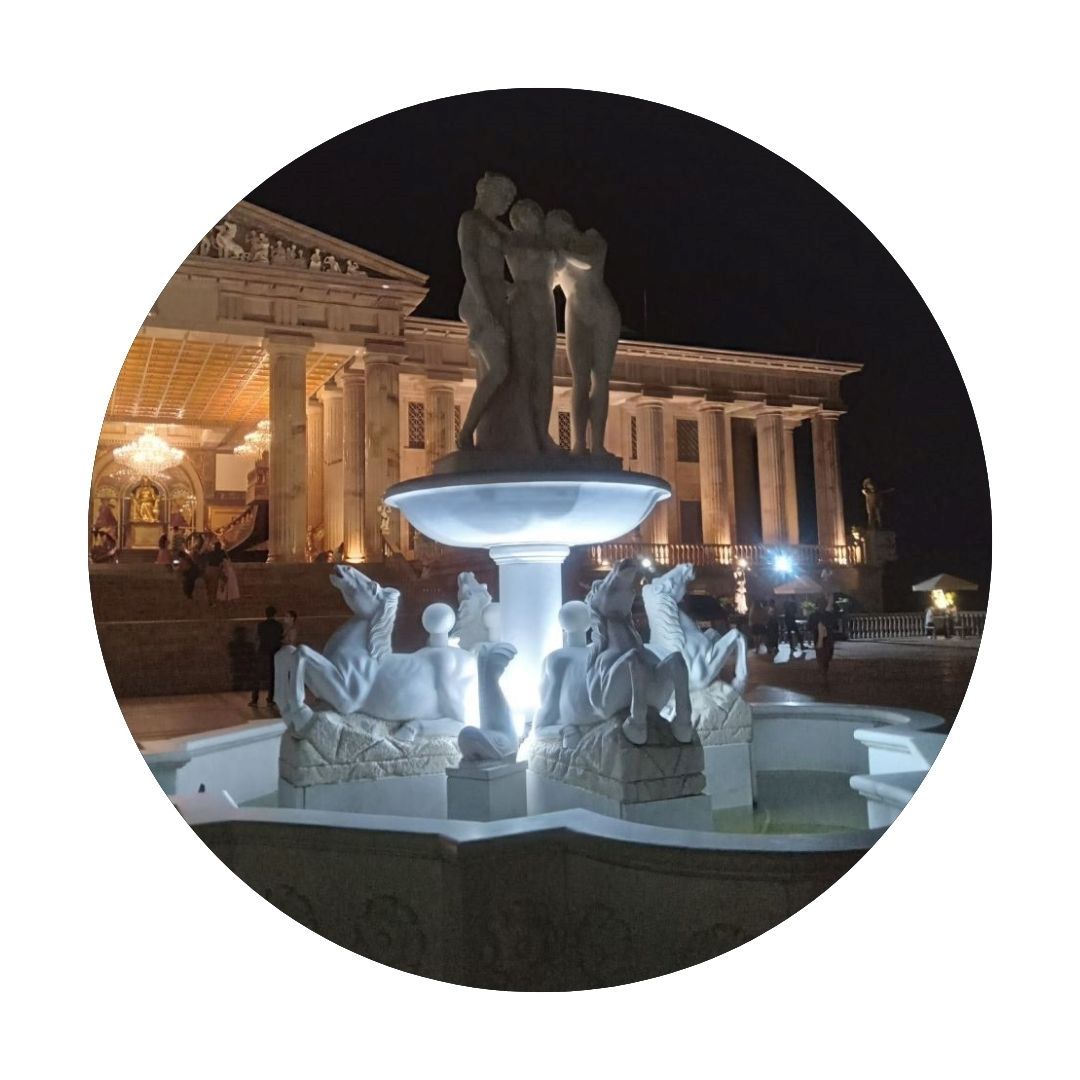
Alex is a writer with two modes: simple and wild. He’s equally at home going either way. He always has something to say and something to offer, even if it’s only after a few minutes of furious googling. He loves reading and writing random stuff in his spare time.


